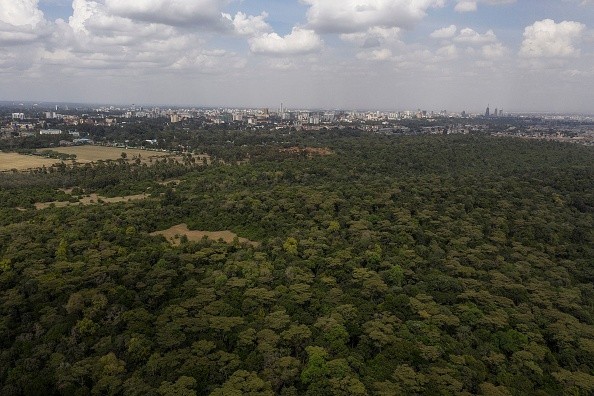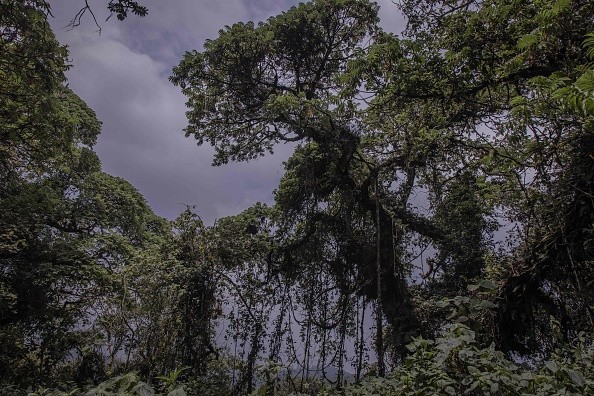Over 46 initiatives that would simultaneously help people and the environment have been identified through an analysis of scholarly literature. "Win-win" notions for lowering human infectious disease burdens and achieving conservation goals were reviewed after thoroughly evaluating scholarly articles and reports.

Searching for Win-Win Solutions
These solutions may now be examined on a publicly accessible website. The study identifies several diversified areas of progress where there may be chances to protect ecological and human health concurrently.
The study published in The Lancet Planetary Health involved over 30 researchers from the United States and abroad. Academic researchers, governmental and nonprofit organizations professionals, and veterinarians made up the multidisciplinary team.
The study's co-author and associate professor of applied ecology at NC State, Skylar Hopkins, said the interdisciplinary team spent four years developing this synthesis. They diligently combed through the available academic literature for prospective solutions before creating a brand-new method for determining whether a certain "win-win" option is secure, workable, and economical.
They discovered that the ideas had varying degrees of success proof; some have significant backing already, while others are ready for more research. Hopkins, though, claimed that assessing some of the suggested remedies wasn't simple.
Urgency of the Situation

Only one of the 46 remedies on the list has "strong" evidence for both beneficial effects on human health and conservation. That is vaccination of dogs to lessen the spread of rabies to both people and animals. As disease reservoirs, household cats and dogs are emphasized in some remedies.
Every time you vaccinate your dogs or raise your cat to be walked on a leash instead of running loose, you're implementing one of the 46 offered remedies, according to Hopkins. Some solutions are carried out in enormous quantities by national or international governments.
Partnership and Incentives
The Science for Nature and People Partnership provided funding for the working group after several team members spent years researching human schistosomiasis in Africa, a crippling condition brought on by coming into touch with water tainted with parasites from snails. When a river was blocked and prawns, which devoured the snails, couldn't move, the snail population surged. The possible answer is? Prawns should be reintroduced to the river.
Uncertain of whether they would uncover many or few further instances of potential win-win solutions, the team set out to locate them. Except for Antarctica, they discovered that the 46 probable solutions include six of the world's seven continents. They also contain many of the most significant known diseases and routes of disease transmission around the globe. The solutions also deal with the majority of the world's most urgent environmental issues, such as invasive species, urbanization, resource extraction, and changes in land use brought on by agriculture.
27 of the solutions are centered on conservation initiatives that improve human health; many involve controlling species, such as the snail parasites that pollute village water supplies.
Six of the options incorporate conservation-friendly public health initiatives.
Thirteen of the solutions apply to both the conservation and human health fields. The researchers suggest using cleaner stoves instead of wood-burning ones to lessen deforestation and illnesses brought on by smoke.
"We hope this study brings those efforts to life with real-world examples," Hopkins said. "Policymakers are looking for opportunities to simultaneously advance multiple sustainable development goals, like 'ensuring healthy lives and promoting well-being for all and 'conserving life on land and below water.' That's important work, but it can feel abstract or intangible."
For more environmental news, don't forget to follow Nature World News!
© 2025 NatureWorldNews.com All rights reserved. Do not reproduce without permission.





